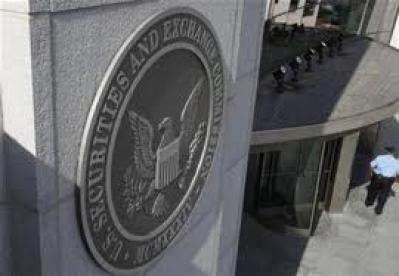The Jumpstart Our Business Startups Act enacted last year directed the Securities and Exchange Commission (the “SEC”) to remove the ban on general solicitation and general advertising for private offerings of securities made under Rule 506 of Regulation D. On July 10, 2013, the SEC finally adopted amendments to Rule 506 which permits issuers to engage in general solicitation or general advertising in private offerings. Under new Rule 506(c), issuers can offer securities through means of general solicitation provided that certain conditions are satisfied, including that:
- all terms and conditions of Rule 501 and Rules 502(a) and 502(d) are satisfied;
- all purchasers of securities must be accredited investors; and
- the issuer make take reasonable steps to verify that the purchasers of the securities are accredited investors.
Whether the steps taken by an issuer to verify accredited investor status are “reasonable” will be an objective determination. The SEC has indicated that among the factors that issuers should consider are:
- the nature of the purchaser and the type of accredited investor that the purchaser claims to be;
- the amount and type of information that the issuer has about the purchaser; and
- the nature of the offering, such as the manner in which the purchaser was solicited to participate in the offering, and the terms of the offering, such as minimum investment amount.
Inasmuch as Rule 501(a) sets forth different categories of accredited investors, the steps taken to verify whether a purchaser is an accredited investor will vary depending on the type of accredited investor that the investor purports to be. For example, if a purchaser is an accredited investor because of its status as a registered broker dealer or a registered investment company, the issuer can verify broker-dealer status by checking FINRA’s BrokerCheck website and can visit the SEC’s website to confirm registration as an investment company.
Verification of natural persons as accredited investors poses greater practical difficulties as compared to other categories of accredited investors, particularly for natural persons claiming to be accredited investors based on the net income or net worth test. As a result, Rule 506(c) includes four specific non-exclusive methods of verifying accredited investor status for natural persons. These methods include:
- reviewing copies of Internal Revenue Service forms that report income, such as Form W-2, Form 1099, Schedule K-1 and the investor’s individual tax return and obtaining a representation that the investor has a reasonable expectation of reaching the requisite income level during the current year;
- reviewing bank statements, brokerage statements, other statements of securities holdings, certificates of deposit, tax assessments and independent appraisal reports and credit reports, and obtaining a written representation from the investor that all liabilities necessary to make a determination of net worth have been disclosed;
- obtaining a written confirmation from a registered broker-dealer, SEC registered investment adviser, a licensed attorney or a certified public accountant that such person or entity has taken reasonable steps to verify that the investor is an accredited investor within the prior three months and has determined that the investor is an accredited investor; and
- if the investor has invested in an issuer’s Rule 506(b) offering as an accredited investor prior to the effective date of new Rule 506(c) and remains an investor in the issuer, the issuer may rely on a certification from the investor in connection with a new offering by the same issuer under Rule 506(c) that the investor qualifies as an accredited investor.
The issuer is not required to use methods described above in verifying the accredited investor status of natural persons. These methods are simply examples of the types of non-exclusive methods that may be used to satisfy the verification requirement.
It is important to note that the “reasonable steps to verify” that investors are accredited investors must be satisfied even if all purchasers happen to qualify as accredited investors. In other words, the verification requirement is separate and apart from and independent of the requirement that sales be limited to accredited investors.




 i
i

